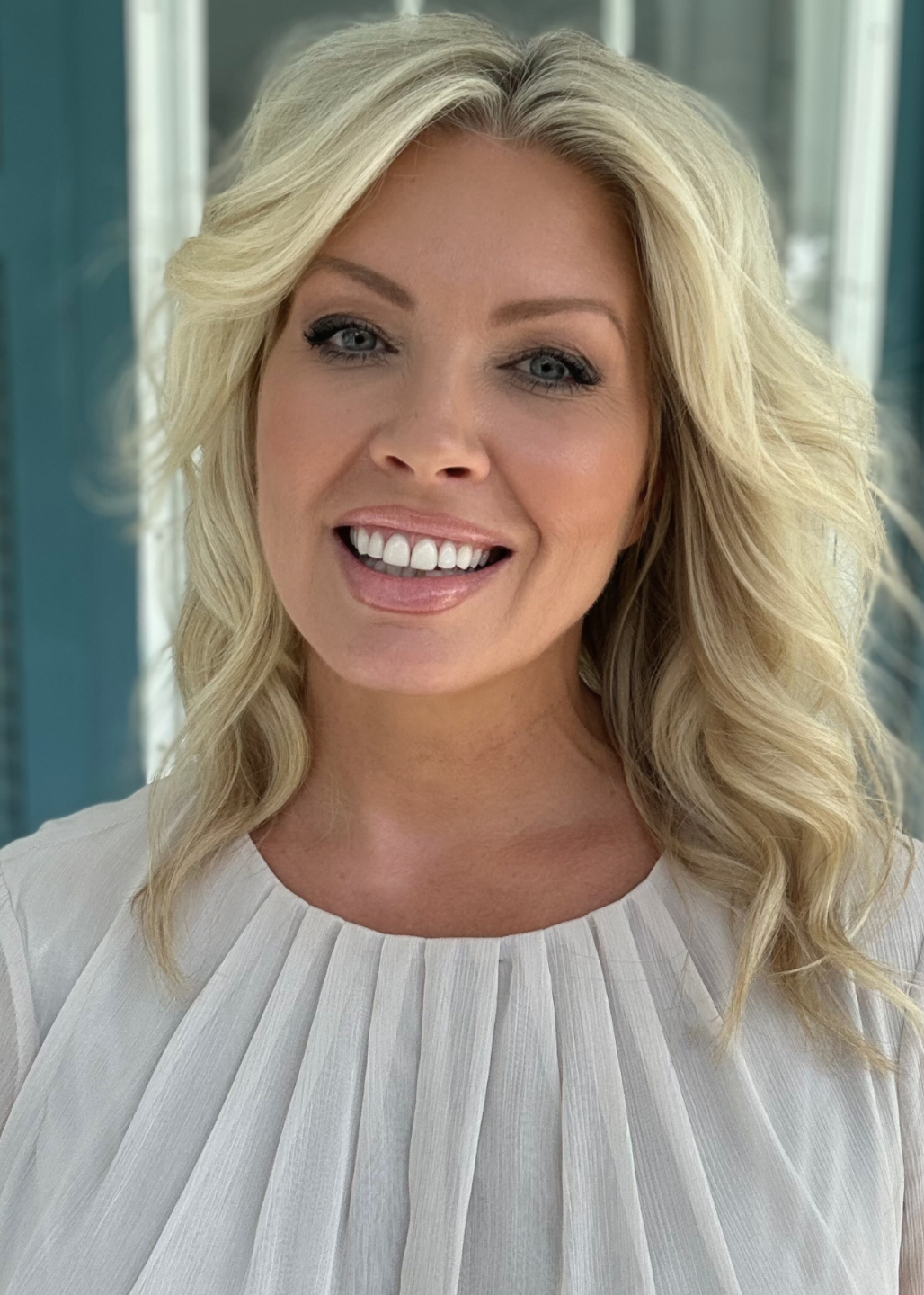- Finding Unshakable Power in a World That Wants to Pull Us ApartPosted 6 months ago
- What could a Donald Trump presidency mean for abortion rights?Posted 6 months ago
- Financial Empowerment: The Game-Changer for Women in Relationships and BeyondPosted 7 months ago
- Mental Health and Wellbeing Tips During and After PregnancyPosted 7 months ago
- Fall Renewal: Step outside your Comfort Zone & Experience Vibrant ChangePosted 7 months ago
- Women Entrepreneurs Need Support SystemsPosted 7 months ago
Empowerment Coaching vs. Life Coaching vs. Therapy

by Crystal Andrus Morissette
Navigating personal and professional challenges often requires external support, which can come in the form of coaching or therapy. While these approaches share the common goal of facilitating personal growth and well-being, they differ significantly in their methods, goals, and underlying philosophies.
Here’s a detailed look at the distinctions among empowerment coaching (which is what I do), life coaching, and therapy to help you choose the right path for your needs:
Empowerment Coaching
Empowerment coaching is a specialized form of coaching that focuses on helping clients understand and manage their energy, thoughts, and emotions. It is designed to facilitate profound internal shifts, enabling individuals to see their situations from different perspectives and elevate their state of being.
Key Characteristics:
1. **Energy Awareness:** Empowerment coaching emphasizes understanding and managing one’s energy levels, emotions, and states of consciousness. Coaches guide clients to move from lower to higher states of consciousness, as mapped out in frameworks like David Hawkins’ Map of Consciousness and Crystal Andrus Morissette’s Empowerment Spectrum.
2. **Perspective Shifting:** Clients are encouraged to shift their perspectives, allowing them to view challenges and situations in new, empowering ways. This often leads to greater clarity and personal empowerment. However, empowerment coaching always meets the client where they are at emotionally, never trying to “spiritually-bypass” any emotions. Instead we meet the client where they are at, exploring each perspective one-at-a-time, only shifting once the client is ready.
3. **Internal Transformation:** Whatever is repressed will find a way to be expressed. The focus is on internal changes rather than external achievements allows the client to experience deeper personal growth and alignment with their true selves. Using a process called “Working With Parts” the coach empowers the client to connect with all the aspects of their personality, healing the split between their duality. This offers the client tremendous relief.
4. **Use of Consciousness Frameworks:** Tools like the Map of Consciousness and the Empowerment Spectrum help clients understand their emotional states and work towards higher levels of awareness and empowerment.
Life Coaching
Life coaching is a broad field aimed at helping clients achieve specific personal and professional goals. It focuses on practical, results-oriented strategies to improve various aspects of life.
Key Characteristics
1. **Goal Setting and Achievement:** Life coaches assist clients in defining clear, measurable goals and creating actionable plans to reach them. The process is structured and forward-focused.
2. **Holistic Approach:** Life coaching addresses multiple life areas, recognizing the interconnectedness of personal and professional domains.
3. **Support and Accountability:** Life coaches provide ongoing support, motivation, and accountability, helping clients stay on track and overcome obstacles.
4. **Skill Development:** Life coaching often involves developing specific skills, such as time management, effective communication, and stress reduction, to improve overall life satisfaction and performance.
Therapy
Therapy, also known as counseling or psychotherapy, is a process aimed at treating mental health issues and emotional difficulties. Therapists are trained professionals who diagnose and treat a wide range of psychological disorders.
Key Characteristics
1. **Healing Past Wounds:** Therapy often involves exploring past experiences and traumas to understand their impact on current behavior and emotions. This exploration can lead to healing and resolution.
2. **Diagnosing and Treating:** Therapists are equipped to diagnose mental health conditions and provide evidence-based treatments, such as cognitive-behavioral therapy (CBT) or psychodynamic therapy.
3. **Emotional Support:** Therapy provides a safe space for clients to express and process their emotions. Therapists offer empathy, validation, and support as clients navigate difficult feelings.
4. **Focus on Mental Health:** The primary goal of therapy is to improve mental health and emotional well-being. This can involve addressing symptoms of mental illness, improving relationships, and developing healthier coping mechanisms.
Comparing Empowerment Coaching, Life Coaching, and Therapy
Focus and Objectives
- Empowerment Coaching: Focuses on internal transformation, energy awareness, and raising consciousness. It aims to shift perspectives and empower clients from within.
- Life Coaching: Goal-oriented and practical, life coaching aims to help clients achieve specific personal and professional objectives through structured plans and skill development.
- Therapy: Centers on healing past wounds, diagnosing and treating mental health issues, and providing emotional support. The objective is to improve overall mental health and emotional well-being.
Methodology
- Empowerment Coaching: Utilizes energy management and consciousness frameworks like David Hawkins’ Map of Consciousness and Crystal Andrus Morissette’s Empowerment Spectrum. Emphasis is on perspective shifting and internal growth.
- Life Coaching: Involves setting actionable goals, developing plans, and providing accountability. Coaches use practical strategies to achieve tangible results.
- Therapy: Employs therapeutic techniques to explore past experiences, diagnose mental health conditions, and provide evidence-based treatments.
Professional Training
- Empowerment Coaches: May come from various backgrounds and often undergo specialized training in empowerment and consciousness coaching techniques. Coaches trained by the S.W.A.T. Institute (Simply Woman Accredited Trainer) undergo extensive training in both theory and practicum and are considered to be one of the highest levels of certification worldwide for Empowerment Coaches, exclusively for women (and women’s needs).
- Life Coaches: Also come from diverse backgrounds, typically with training in coaching methodologies and personal development strategies.
- Therapists: Are licensed mental health professionals with advanced degrees and clinical training in psychology, counseling, or social work.
Scope of Practice
- Empowerment Coaching: Suitable for individuals seeking internal growth, higher consciousness, and empowerment through perspective shifts and energy management.
- Life Coaching: Ideal for those looking to achieve specific life goals, improve performance, and develop practical skills for personal and professional growth.
- Therapy: Appropriate for individuals dealing with mental health issues, emotional distress, or psychological disorders, requiring diagnosis and treatment from a licensed professional.
My Commitment to Your Happiness, Success, Joy, and Empowerment
For over 30 years, I’ve been dedicated to supporting women on their journey towards self-discovery and empowerment.
I’m not only the founder of the S.W.A.T. Institute, I coined the term “Empowerment Coach” over 25 years ago, long before anyone else was offering “empowerment coaching.” ??
When you change the way you look at things, the things you look at change!
*******
International best-selling author, Emotional Age and communication expert, and women’s advocate, Crystal Andrus Morissette is a worldwide leader in the field of self-discovery and personal transformation. She is the founder of the S.W.A.T. Institute (Simply Woman Accredited Trainer), an empowerment coach certification exclusively for women that is in over 45 countries that she created in 2009. Crystal is the author of five best-selling books, including The Emotional Edge, which has been featured numerous times both at home in Canada and internationally, including Oprah.com. She is certified in sports medicine, nutrition, and yoga. Learn more at www.SWATInstitute.com & www.CrystalAndrusMorissette.com.







